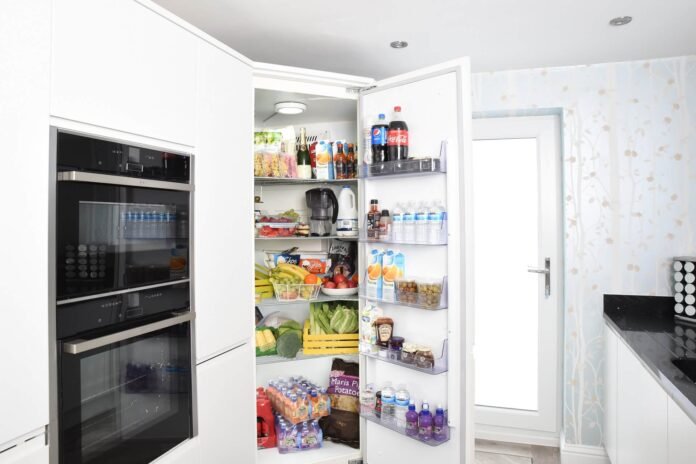Refrigerators are the largest energy consumers in the home, so focusing on them first will help you save money.
It is not that difficult to improve your refrigerator’s efficiency. There are various simple ways to improve your refrigerator’s energy efficiency.
Consider the following tips that every homeowner can implement for increasing the energy efficiency of the refrigerator.
How to reduce electricity consumption of refrigerator?
Tip #1: Never put warm food inside the refrigerator.
 If you keep warm food inside the refrigerator compartment, to bring the temperature down to the set temperature, the compressor runs a little longer. This uses more energy, resulting in a higher electricity bill. Before placing hot food in the refrigerator, it should always be allowed to cool to room temperature. Allowing leftovers to cool after a meal reduces the amount of heat that is transferred to the interior of your appliance.
If you keep warm food inside the refrigerator compartment, to bring the temperature down to the set temperature, the compressor runs a little longer. This uses more energy, resulting in a higher electricity bill. Before placing hot food in the refrigerator, it should always be allowed to cool to room temperature. Allowing leftovers to cool after a meal reduces the amount of heat that is transferred to the interior of your appliance.
Tip #2: Examine the door seals regularly.
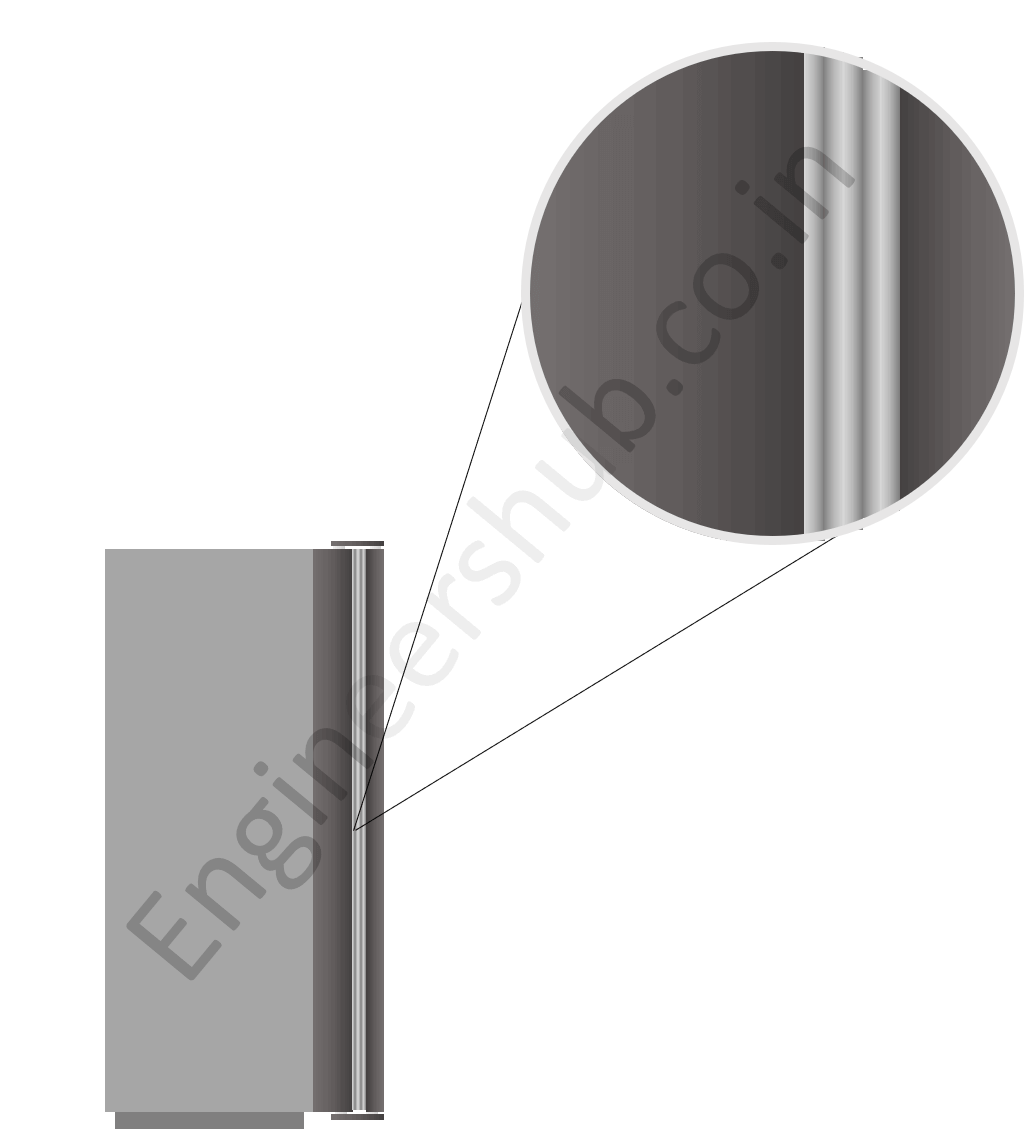 Door seals act as an insulator, preventing heat transfer between the refrigerator and the surrounding air.
Door seals act as an insulator, preventing heat transfer between the refrigerator and the surrounding air.
Damaged seals can result in increased energy bills.
You can use a currency note or a little piece of paper to check the door seal.
Close the fridge door on a currency or a little piece of paper to trap it between the gasket and the fridge. Pull the paper out slowly. If you don’t feel any tension when doing so, the gasket is probably weak or cracked. Repeat the test throughout the whole length of the gasket.
Tip #3: Organize your foodstuff inside the refrigerator.
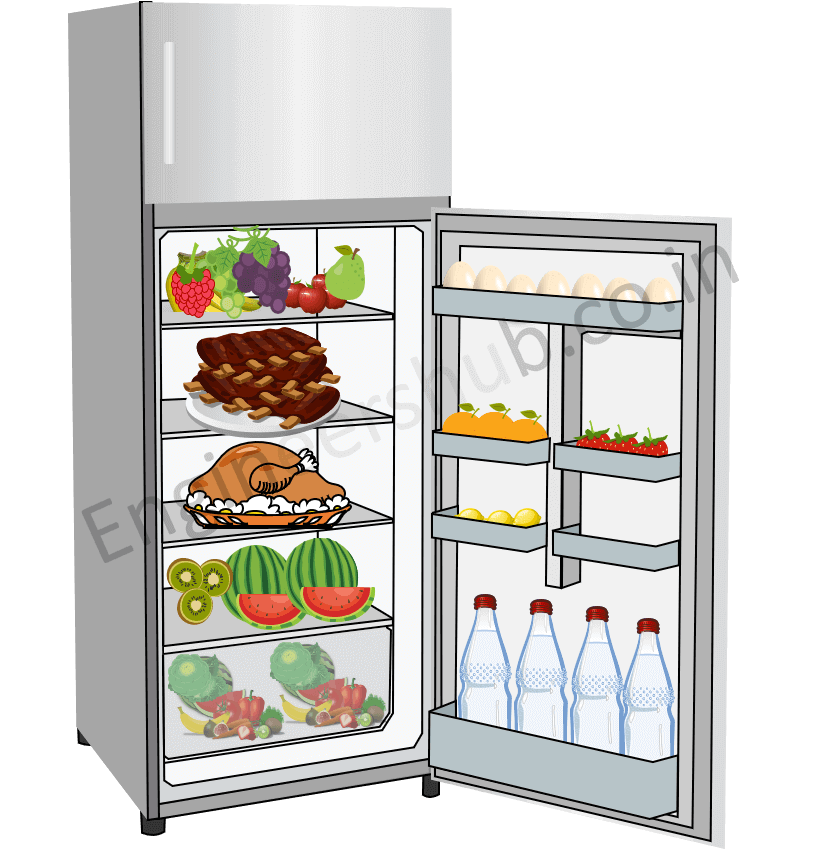 Now, this is quite surprising to you but yes – organizing food inside the refrigerator can minimize electricity consumption.
Now, this is quite surprising to you but yes – organizing food inside the refrigerator can minimize electricity consumption.
Excess food in the refrigerator might restrict appropriate air circulation by blocking the air vents inside compartments. To keep the temperature uniform inside the compartment, the compressor has to work harder, resulting in higher power usage.
Tip #4: It is important to choose the right location.
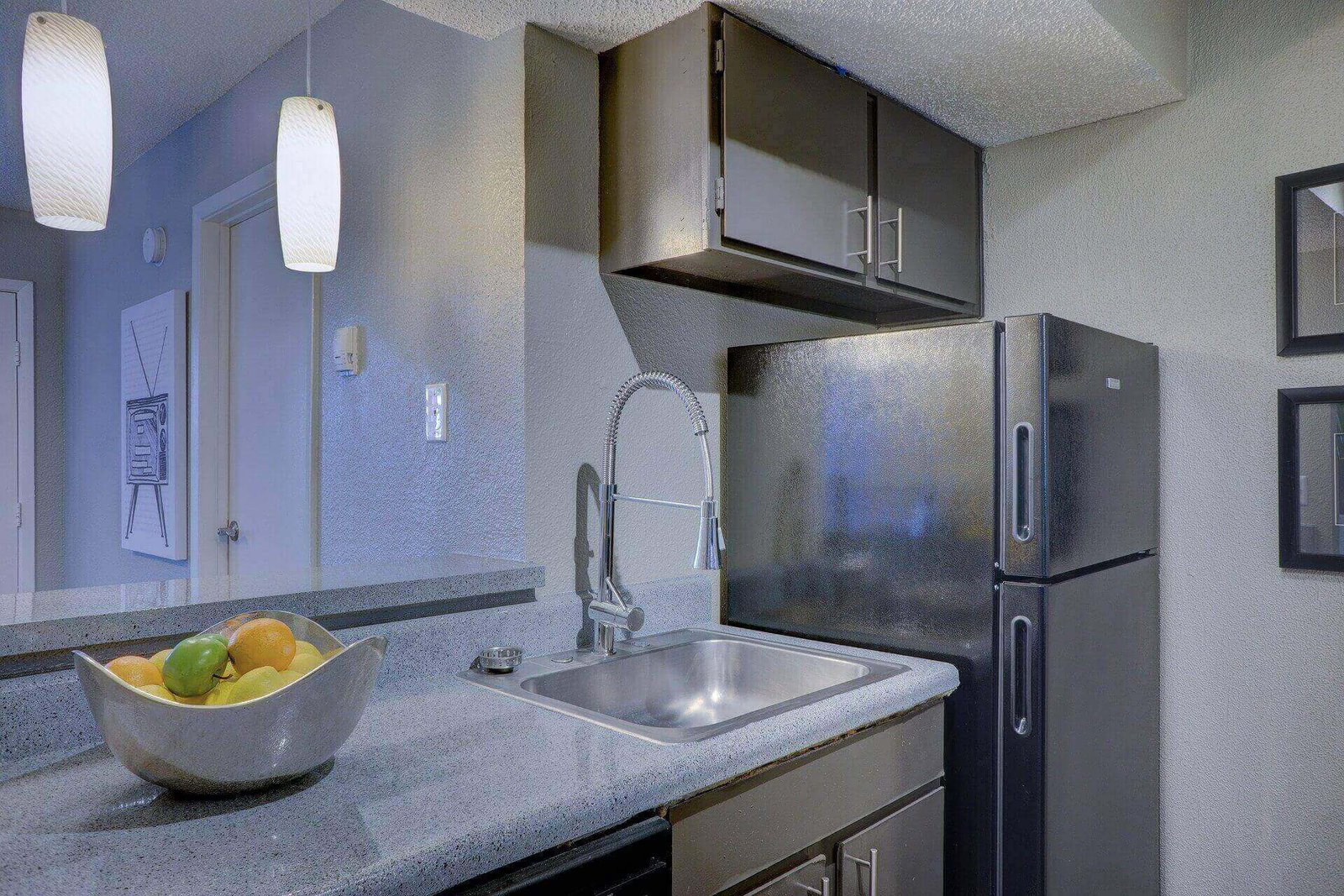 Give some space to your refrigerator for a better convection process.
Give some space to your refrigerator for a better convection process.
Avoid putting your refrigerator near a heat source like an oven, stove, or radiator, and keep it out of direct sunlight.
Make sure your fridge has at least 10 cm of space around the sides, back, and top for ventilation. Your refrigerator will not be able to expel the heat generated by the compressor if this air gap is not present. As a result, your refrigerator heats up and has to work harder and longer to keep your food safe.
Tip #5: Clean the condenser coils regularly.
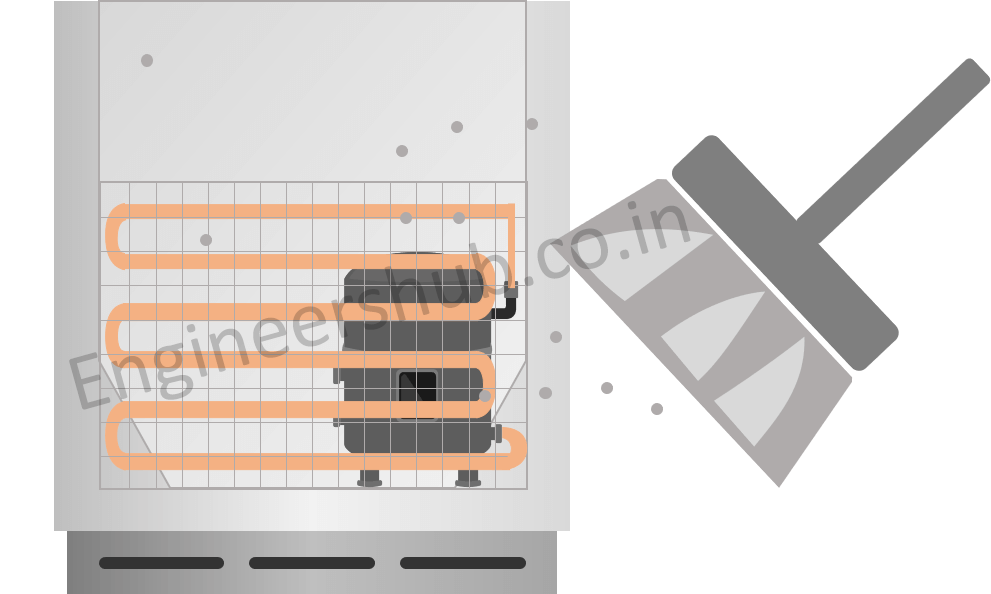 Your refrigerator’s condenser coils remove heat from the appliance. Dust accumulation makes it difficult for these huge coils on the back or underneath of your refrigerator to continue performing efficiently. If these coils are working twice as hard as they should, it results in increased energy usage, which could lead to difficulties with your appliance in the future.
Your refrigerator’s condenser coils remove heat from the appliance. Dust accumulation makes it difficult for these huge coils on the back or underneath of your refrigerator to continue performing efficiently. If these coils are working twice as hard as they should, it results in increased energy usage, which could lead to difficulties with your appliance in the future.
Invest in a cheap bristle brush to simply remove any debris that has gathered on coils. Remember to disconnect the device before cleaning the coils. You only need to clean the coils once in a while.
Keeping coils clean will reduce the amount of stress placed on the condenser, extending the life of your refrigerator.
Tip #6: Replace the old refrigerator with a new one.
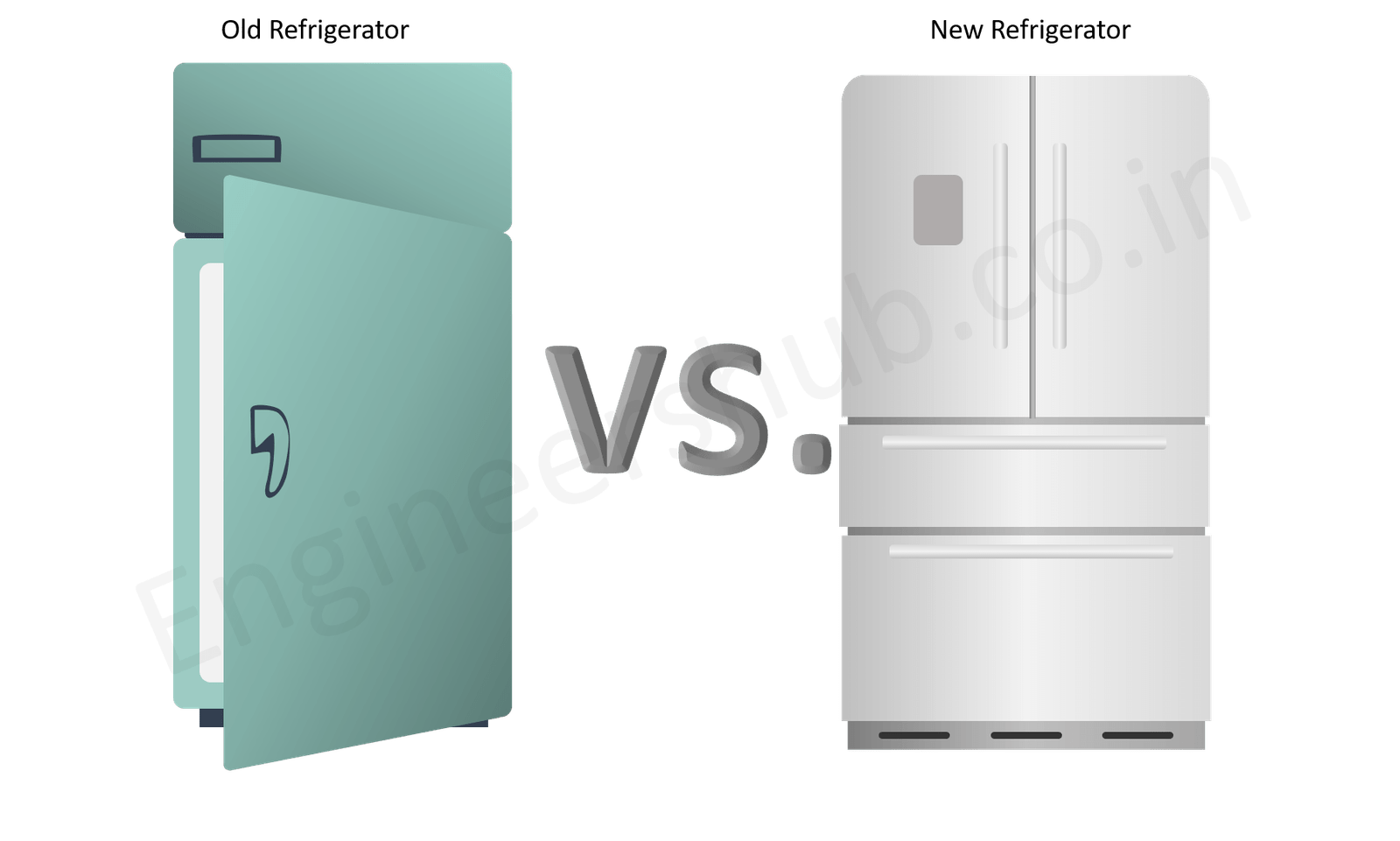 Old refrigerators and freezers consume a lot of electricity, so you should seriously consider replacing them.
Old refrigerators and freezers consume a lot of electricity, so you should seriously consider replacing them.
Suppose you have bought a refrigerator in the year 2011. Say, depending upon your usage, the refrigerator’s energy consumption is 1000 units/year than in 2021 its energy consumption would increase (with the same usage pattern) by 20% i.e., 1200 units/year.
Tip #7: Go for an energy-efficient refrigerator.
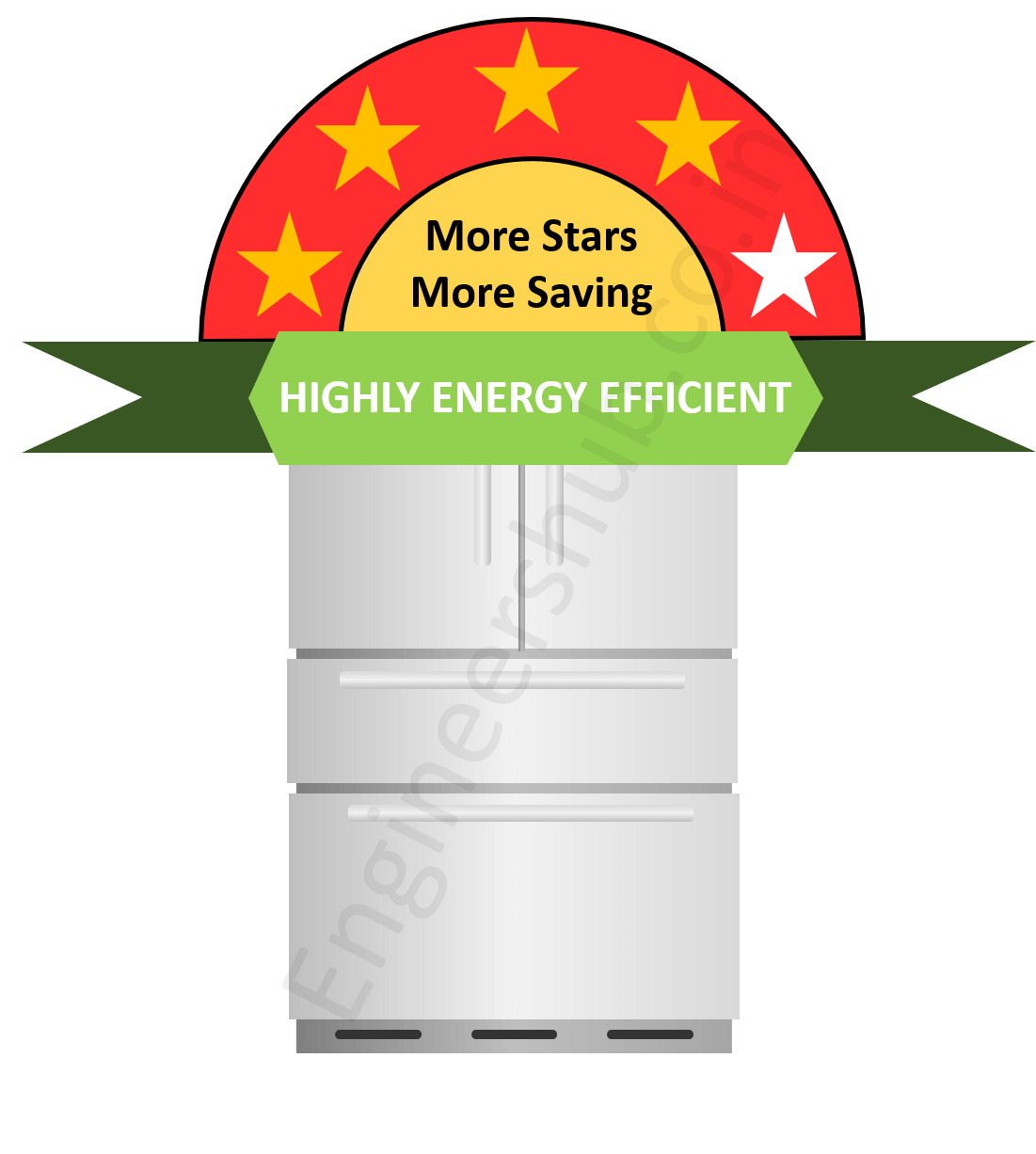 The Indian Bureau of Energy Efficiency, or BEE rating, assigns a grade to refrigerators. Depending on the gradation, a star sticker or a label on the product, user handbook, or catalog indicates the energy efficiency of the model.
The Indian Bureau of Energy Efficiency, or BEE rating, assigns a grade to refrigerators. Depending on the gradation, a star sticker or a label on the product, user handbook, or catalog indicates the energy efficiency of the model.
A model with a five-star rating is extremely energy efficient, consuming roughly 15% less energy than a four-star unit, which is better than a three-star unit, and so on. As a result, it is recommended that you choose an appliance with a higher star rating.
Tip #8: Set the right temperature.
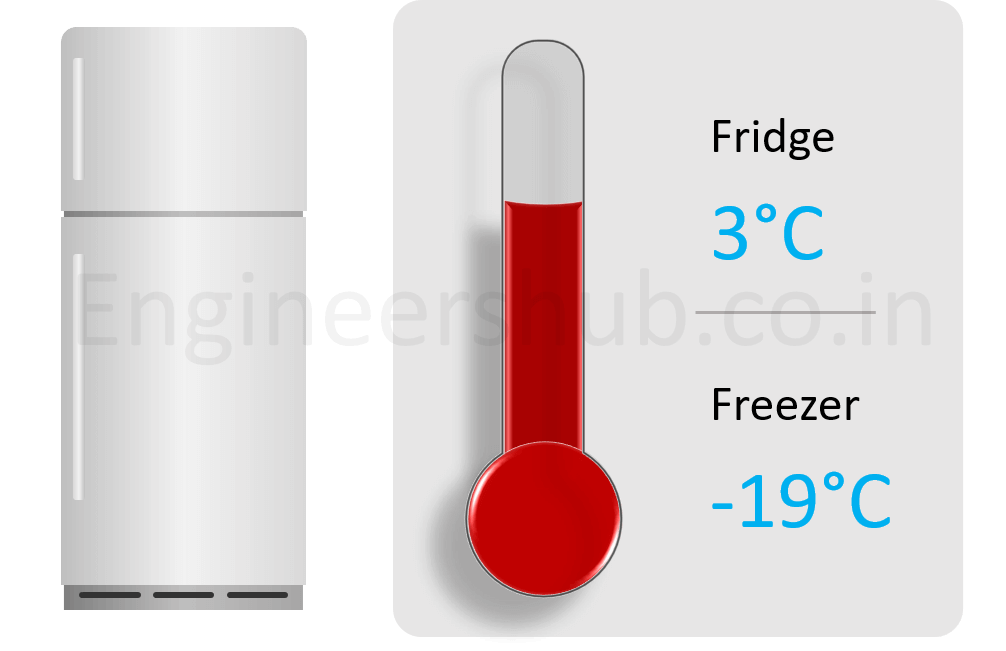 Temperature matters a lot as far as energy savings are concerned. The best temperature for refrigerator operation is 3°C, and the best temperature for freezer operation is -19°C.
Temperature matters a lot as far as energy savings are concerned. The best temperature for refrigerator operation is 3°C, and the best temperature for freezer operation is -19°C.
As a general rule, each additional degree of refrigeration output consumes around 6% more electricity. As a result, a precise temperature setting can directly save you money.
Wrapping Up
You will not only enhance the energy efficiency of your appliances, but you will also lengthen their lives if you follow these simple guidelines. A two-for-one deal!
Related Article


